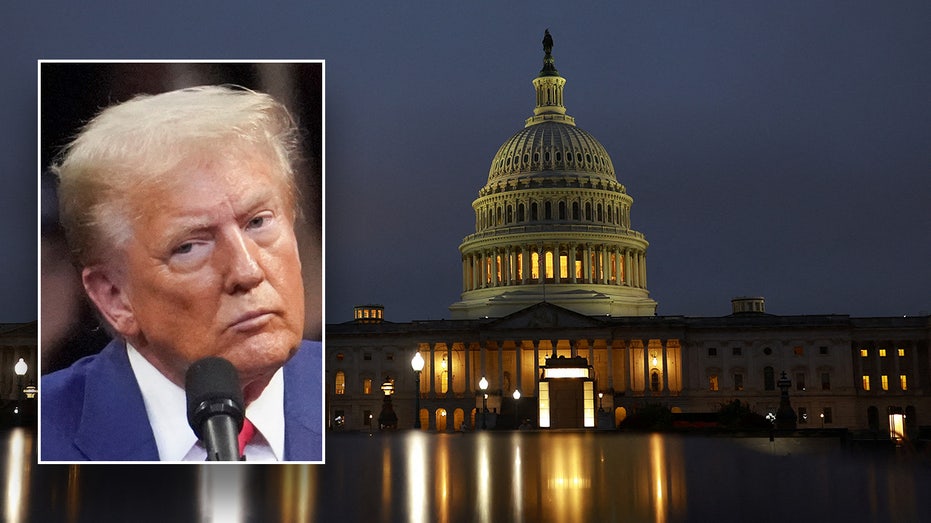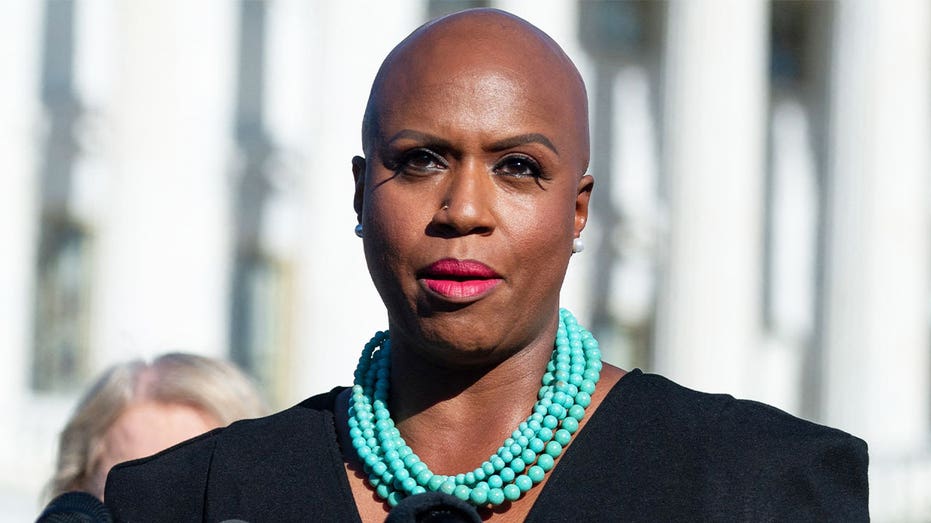- by foxnews
- 25 Nov 2024
Why California is taking on caste-based discrimination
Why California is taking on caste-based discrimination
- by theguardian
- 17 Apr 2023
- in politics

Last month state senator Aisha Wahab introduced SB 403, a historic bill that, if enacted, would make California the first state to ban caste-based discrimination in the US.
In February, Seattle became the first city in the US and the first jurisdiction outside South Asia to ban caste-based discrimination. And in 2020, Brandeis University became the first university in the US to ban caste-based discrimination, followed by Harvard University, California State University, the University of California, Davis, and Brown University.
Wahab, who represents the 10th district of California, which is home to a diverse Asian population, said including caste in the protected category and expanding the understanding of discrimination is essential given how diverse the country is becoming.
The first Afghan American and Muslim elected to the California state senate, Wahab has received support as well as hostility from community members after introducing the bill. Some people even organized protests against this bill.
The Guardian interviewed Wahab about when she became aware of caste biases and what inspired her to write this legislation.
The interview has been edited for clarity and length.
The truth is caste-based discrimination happens far more than people think and realize, especially considering that the caste system is more than 3,000 years old and is very much ingrained in so many people. I am hearing more about the biases as more people are talking about them. Some people have told me that they would have separate bathrooms at restaurants for people working versus the people owning the restaurants. Because of the caste system people are treated very differently and they are restricted by their families on whom they can marry. These are all the issues that are not talked about in the mainstream media and public.
My district is largely diverse and hugely populated in the state of California. And a lot of issues regarding caste stemmed in my district. For example the Cisco situation, California State [University] East Bay situation and several other issues. Since more and more people would talk to me about it and explain some of the problems they were having, I just wanted to address this issue through this bill to protect people.
Every day I receive hundreds of calls and emails about this bill. People from different ethnic communities and different religious backgrounds have reached out to me and extended their support. I want to highlight that I personally feel great that people are finding the courage to speak out against what they have always believed was wrong but were too afraid to talk about. If this bill gives even a handful of people some freedom to live their own life, I will be really happy.
Also, it is interesting to me that the groups that tend to speak against this bill, the counterparts of the same religion, same ethnicity, same caste level, actually do support this bill. There are people on both sides of this argument.
This bill literally allows the people to live their life without the judgment of what caste, family or ancestry they belong to. It will add to the already protected categories of religion, ethnicity and gender. This bill is primarily to expand our law, and to protect our more and more diverse community members.
- by foxnews
- descember 09, 2016
'Quiet travel' is having a moment; here are top US spots where you can embrace the trend
Here are 10 destinations for "quiet travel" in the U.S. to check out if you're ready to unplug and unwind on your next vacation. From Maine to Florida, Oregon and more, see the list.
read more





